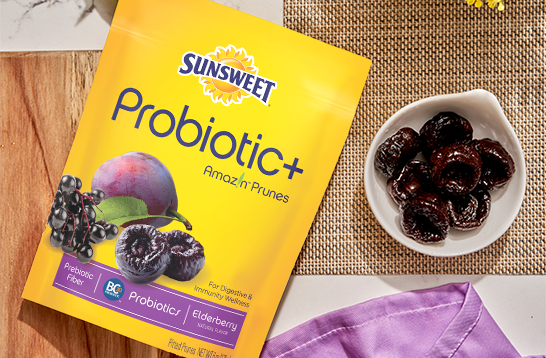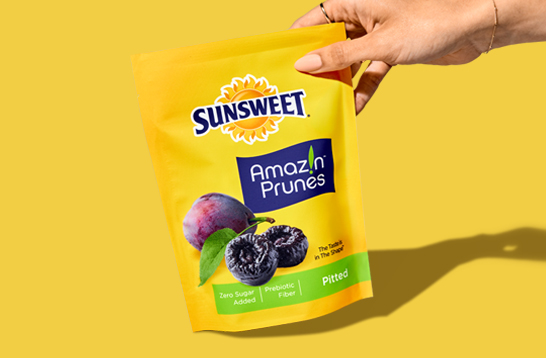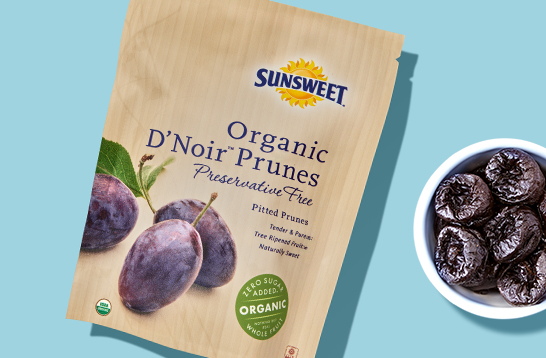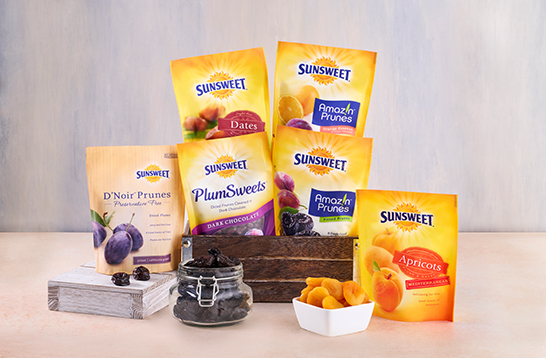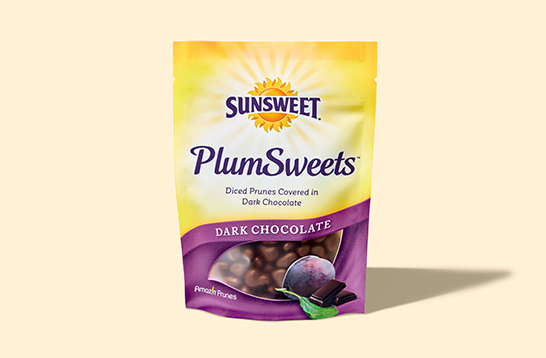Eating Well for Moms-to-Be
Bridget Swinney MS, RDN
You’ve probably heard the saying, “you are what you eat.” But did you ever consider that what you eat while pregnant affects your baby’s health, growth and development, both now and for the rest of his life? Unfortunately, it’s not always easy to eat right—fatigue, nausea, and cravings can get in the way. This guide provides helpful advice about eating, weight gain and more, based on the latest research.
Top Nutrients for Pregnancy
Most health care providers recommend a prenatal vitamin, which will contain many vitamins and minerals, including iron and folic acid, and possibly omega-3 fats like DHA. But you can’t depend on a supplement for all the nutrients you need. Prenatals may not contain enough vitamin D and calcium—and they are missing dozens of nutrients that you can only findin food!
Vitamins A, C and E found in food may help decrease inflammation in the body—and that’s important for a healthy pregnancy. For example, women who don’t get enough vitamin C in early pregnancy may have a higher risk of gestational diabetes and preeclampsia later in pregnancy. Make every bite count by snacking on these nutrient-dense foods: prunes, blueberries, cranberries, cherries, dates, berries, mango, bell pepper strips, hummus, carrots, broccoli, walnuts and pecans.
First Trimester: Feeding Your Tiny Bump
Congrats—you’re pregnant! You may have no problem eating this trimester or you may feel nauseated at the sight or smell of food. Not to worry, weight gain isn’t critical during the first few months. You might also be more moody and constipated—both due to pregnancy hormones.
Nausea fighters:
Some doctors recommend ginger to help with nausea. PlumSmart™ contains both ginger juice and chamomile to help sooth upset stomachs. Avoiding strong smells from smoke and cologne may help; so can eating cold foods and staying away from cooking smells. Eat small servings of high protein foods like milk, yogurt or egg throughout the day to help keep nausea away.
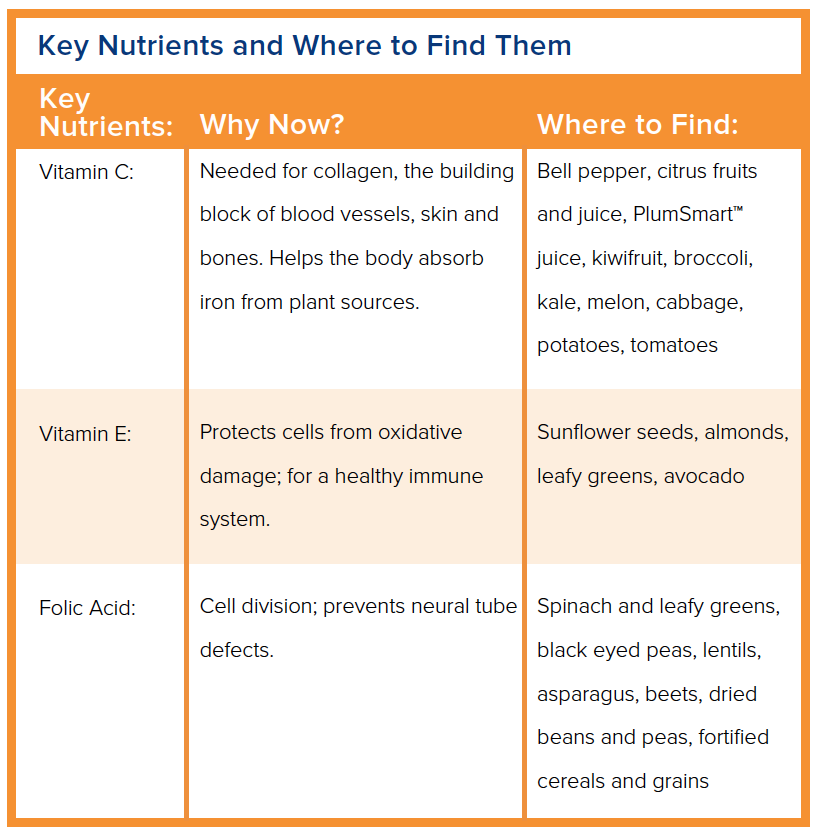
Second Trimester: Feeding Your Bump
Many women feel their best this trimester! Take advantage of your increased energy to get some exercise. Walking, yoga and swimming are perfect, low-impact exercises can help with stress. Did you know that feeling sad or stressed could steer you away from healthy eating? If you feel blue, don’t keep it to yourself—talk to your health care provider or a friend.
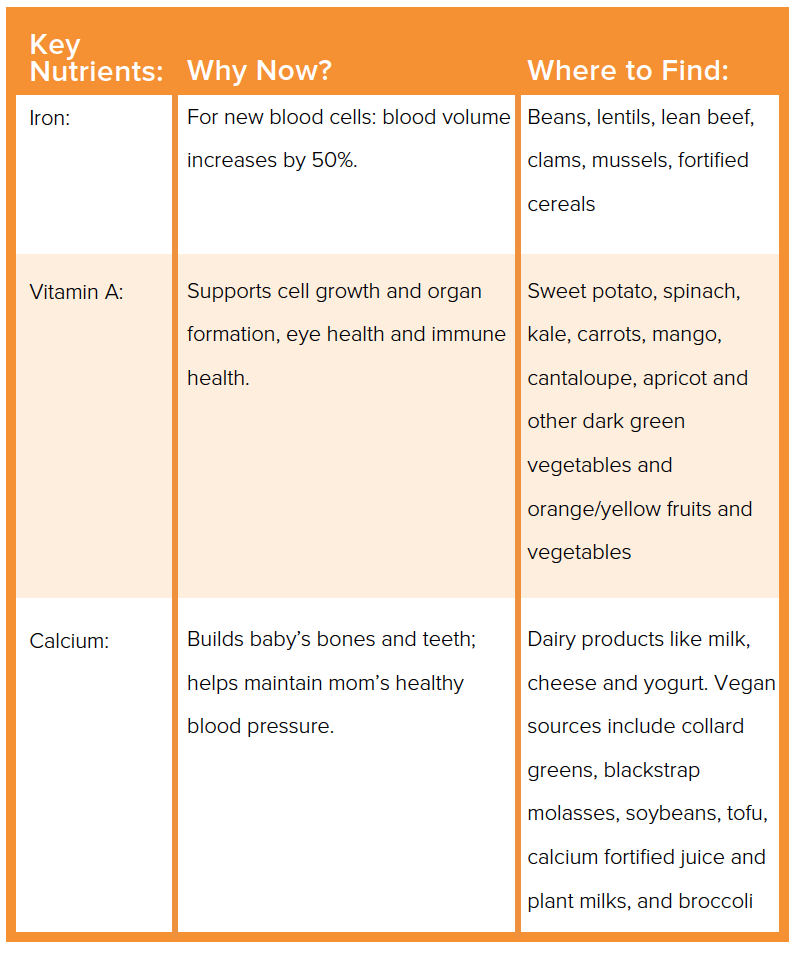
Third Trimester: Feeding Your Big Bump
Baby is growing quickly in the last months of pregnancy; the brain and bones are growing the most. Some moms have problems with diabetes and blood pressure this trimester. Eating balanced meals, staying active and gaining the right amount of weight can help avoid last trimester problems.
Continue being active to keep muscles strong for delivery. Also, take time for yourself and relax a bit—soon you will be busy with your new little one!
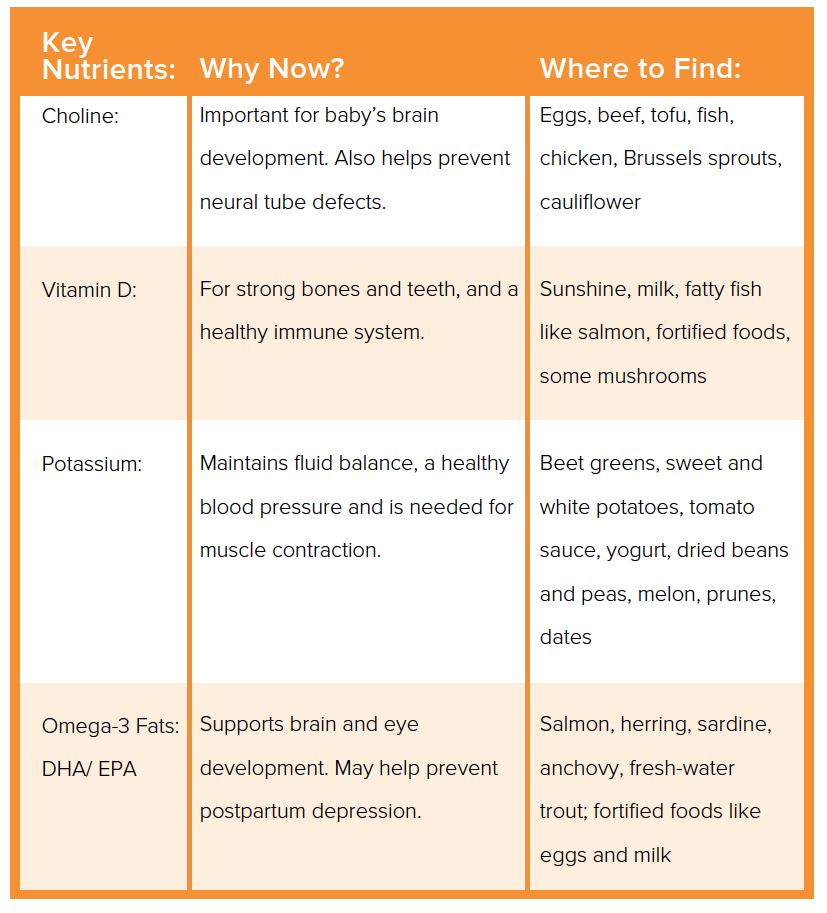
Digestive Health for Moms-To-Be
Stomach issues are common during pregnancy. Luckily, what you eat can help!
Constipation:
Hormones cause digestion to slow down so you can better absorb nutrients for your baby. The downside of that is a sluggish system that can cause uncomfortable bowel movements and appetite to dwindle.
Prunes are a digestive superfood! Eating prunes or drinking Amaz!n™ Prune Juice daily will help you maintain regular digestion and avoid constipation. Probiotic foods like yogurt and kefir help promote healthy gut bacteria, which helps digestion and is also good for you and your baby’s immune system.
Some foods help with digestive health because they have a special fiber, called resistant starch, which feeds the “good bacteria” as well as helps bulk up the stool. Foods with “resistant starch” include oatmeal, artichokes, potatoes, beans, peas, barley and corn. Increasing other high fiber foods in the diet can also help: fresh fruit and vegetables, other dried fruits, whole grain bread, pasta and cereal. Finally, make sure to drink plenty of fluid—8-10 cups each day.
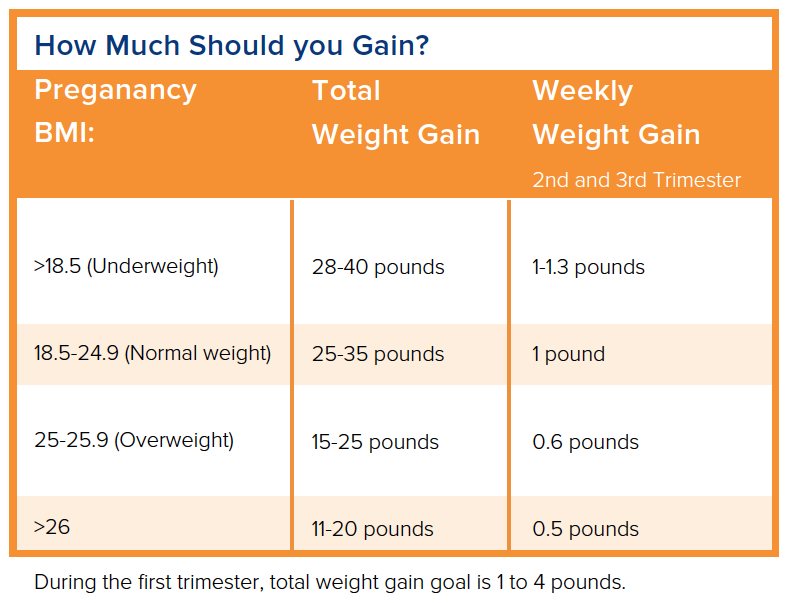
Heartburn
If you feel the burn, you are not alone. Heartburn can happen during mid- to late pregnancy and is caused by hormones, which relax the sphincter between the esophagus and the stomach. Also, as your baby grows, there is less room for stomach contents and more chance of having heartburn.
Some Tips:
- Wait 2-3 hours after eating before lying down
- Avoid bending over after you eat
- Eat slowly and chew food well
- Eat small meals with snacks between
- Avoid exposure to smoke
- Watch out for common heartburn triggers:
- Caffeinated drinks like coffee and tea
- Greasy and fried foods
- Carbonated drinks like soda or sparkling water
- Citrus fruits like orange juice and lemonade
- Tomatoes, tomato sauce, ketchup and mustard
- Salsa and spicy foods
- Onion and garlic
- Chocolate and mint
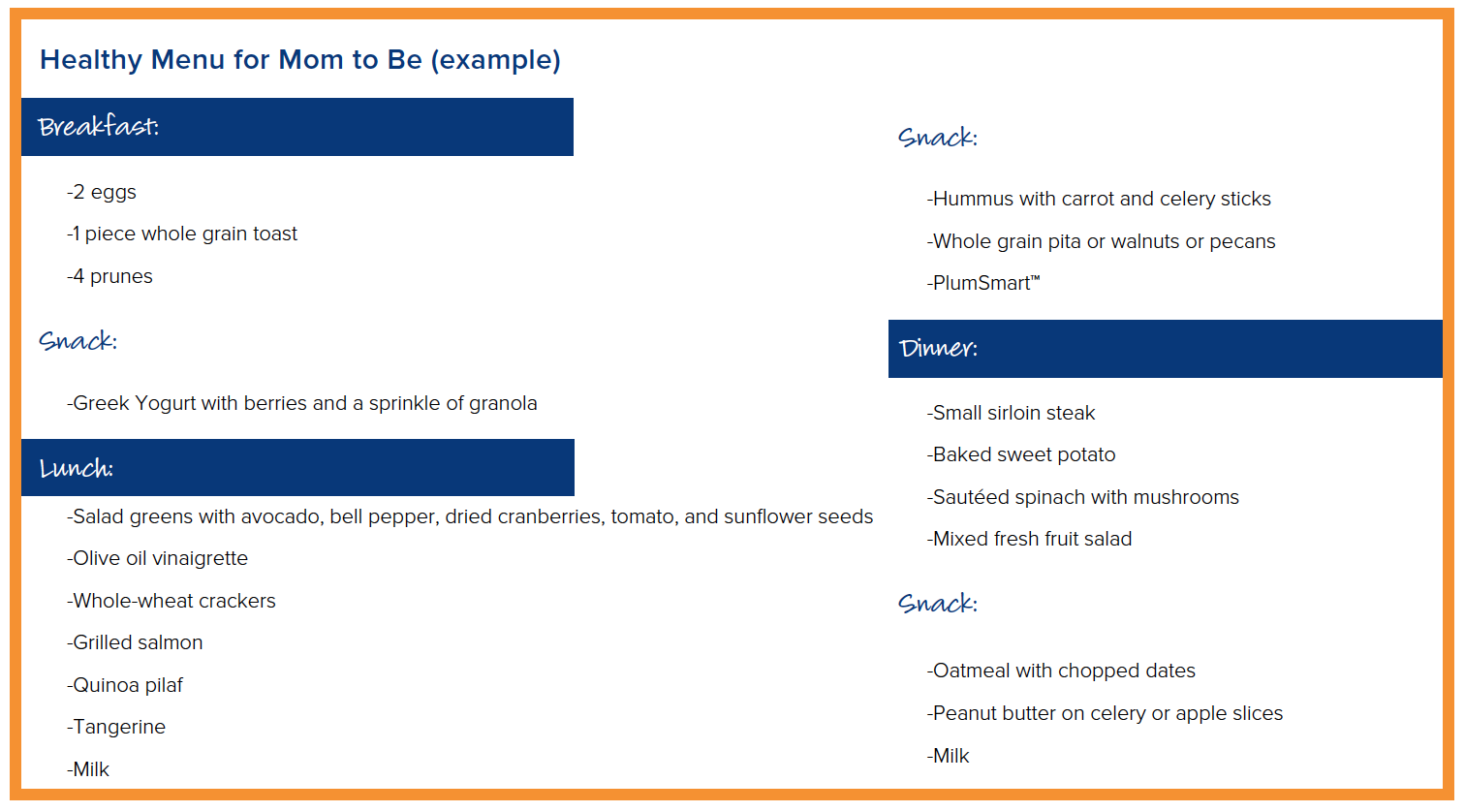
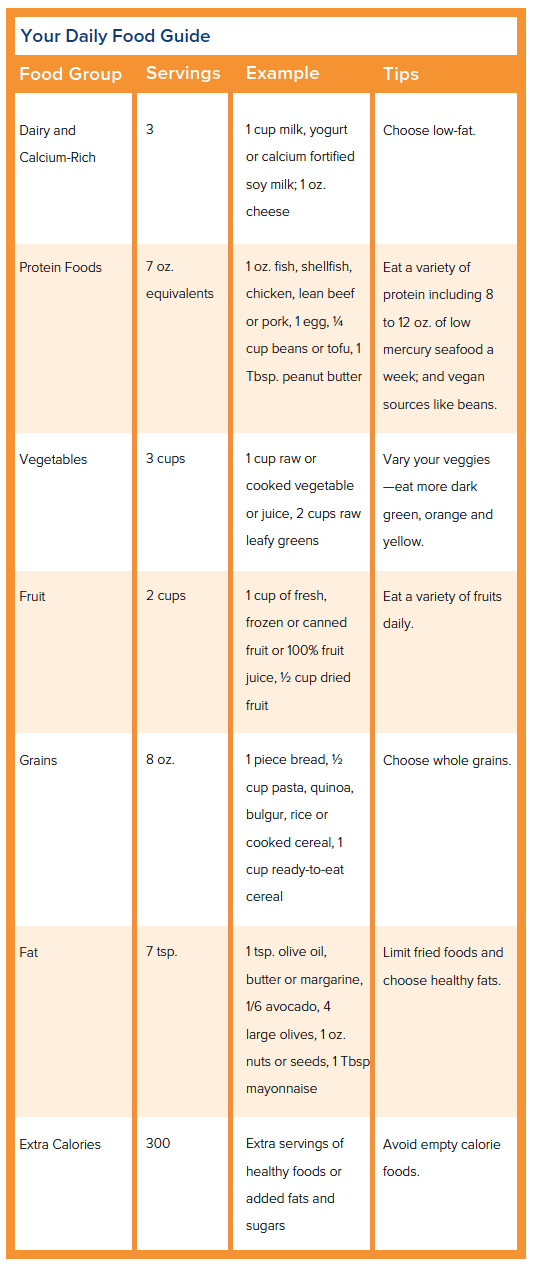
Written by Bridget Swinney, MS, RD, a registered dietitian and
award-winning author specializing in prenatal, infant and child nutrition. She is the author of Eating Expectantly: Practical Advice for Healthy Eating Before, During and After Pregnancy and Baby Bites: Everything You Need to Know about Feeding Infants and Toddlers in One Handy Book.
Stay In The Know
Get info on all of our recipes, updates, and new products—right to your inbox.



